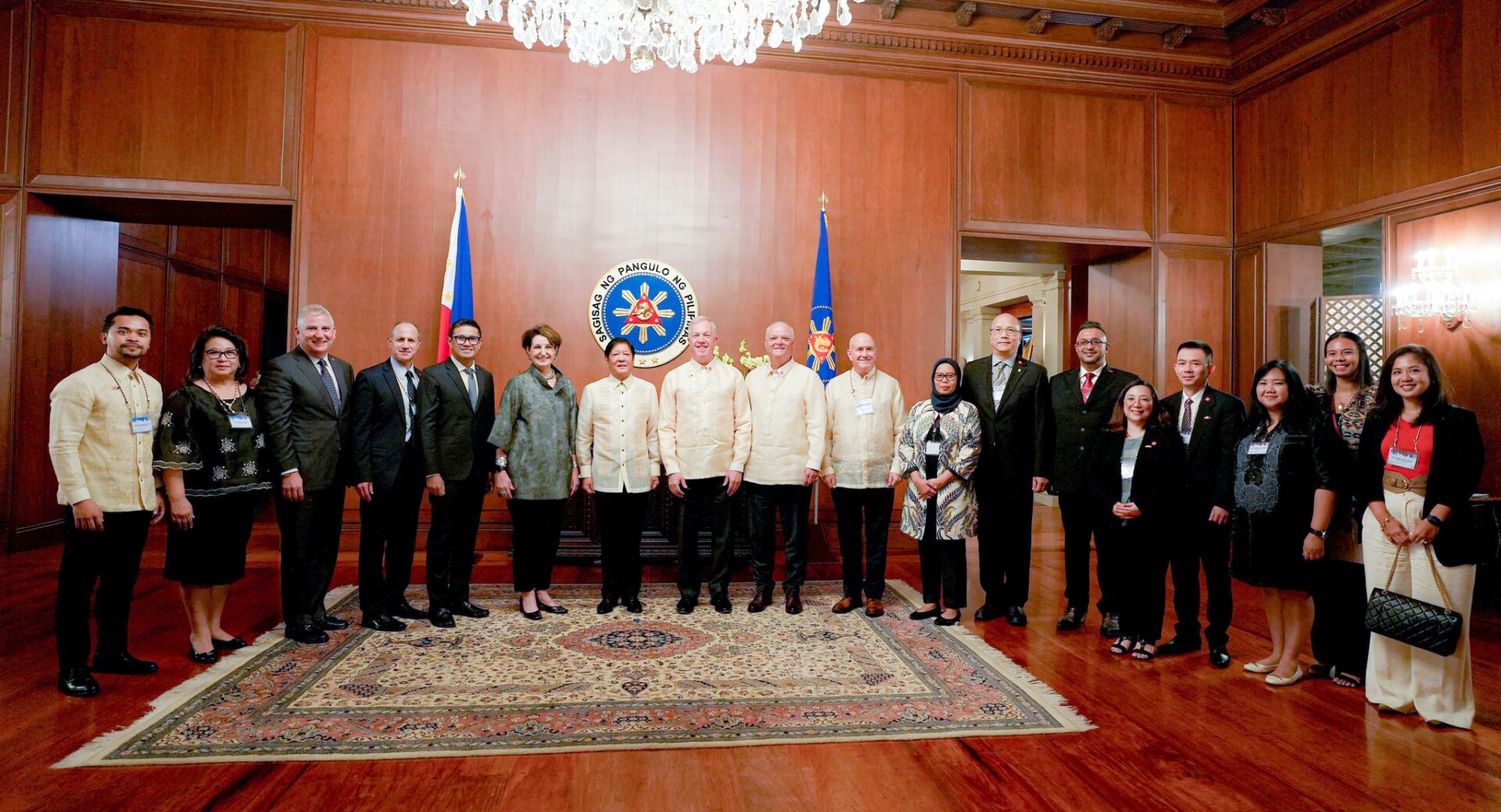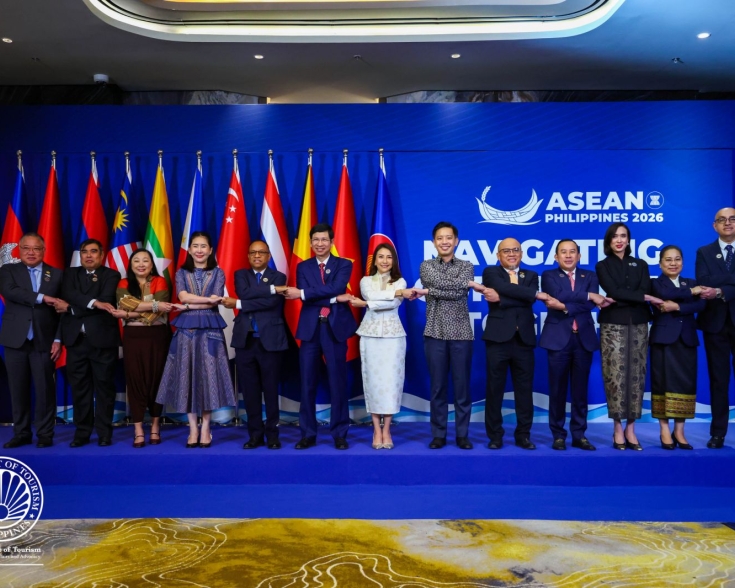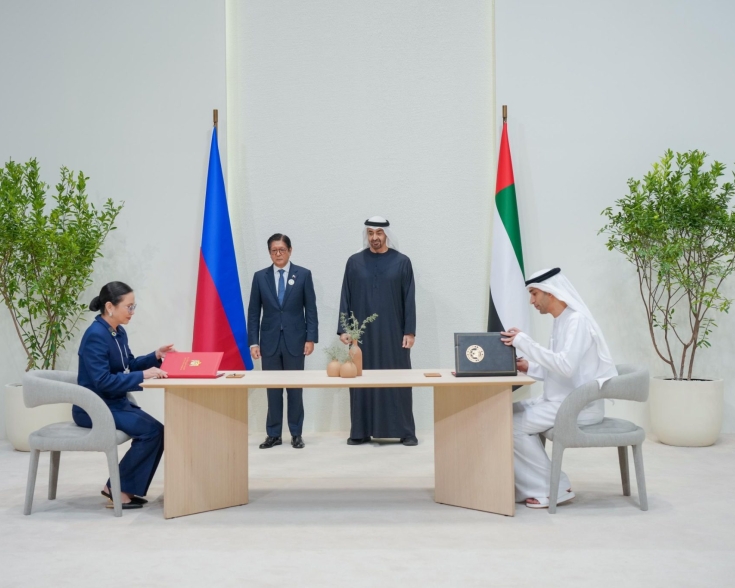Latest tension in South China Sea and Philippines’ Maritime Zone Bill

On March 23, a Philippines supply boat was hit with water cannons by China’s coast guard ships, marking the latest escalation in a series of maritime disputes between the two major contenders of South China Sea. The cannon blast resulted in injuries of three Navy personnel and slight damage to the vessel. In response, the Philippines lodged “strongest protest” against China and summoned Beijing's deputy chief of mission in Manila. President Marcos called the attack "illegal, coercive, aggressive, and dangerous," adding that the Philippines would respond with “countermeasure package that is proportionate, deliberate, and reasonable”.
Tensions in the South China Sea have intensified amid the growing security cooperation between the Marcos Administration and the United States. During Secretary Blinken's visit to Manila on March 19, he reaffirmed the United States' “ironclad commitment” to its defense obligations under the Mutual Defense Treaty (MDT). The Philippines, alongside Thailand, stands as one of only two Southeast Asian nations with a treaty alliance with the US. Secretary Blinken also voiced shared concerns over China’s activities in the South China Sea, emphasizing their significance “to the interests of the region, the United States, and the world”.
Against this backdrop, the Philippine Senate approved the Maritime Zone Act on February 26, aiming to delineate and affirm the Philippines' territorial claims in the South China Sea. The bill seeks to establish the Philippines' maritime zones in accordance with UNCLOS (United Nations Convention on the Law of the Sea), clarify the extent of the Philippine maritime domain, and delineate the “legal powers” that the Philippines may exercise.
As expected, the legislation received pushback from China. On March 5, China’s Foreign Ministry Spokesperson Mao Ning in a press conference, said that the Philippines attempted to “further enforce the illegal arbitral award on the South China Sea by domestic legislation”, adding that China “firmly opposes [the bill] and has lodged solemn démarches” to the Philippines. She statedthat the Act extends Philippine territorial claims to areas also claimed by China, such as the Scarborough Shoal. She urged the Philippines to “earnestly respect China’s territorial sovereignty and maritime rights and interests, immediately end any unilateral move that may escalate the dispute and complicate the situation”.






